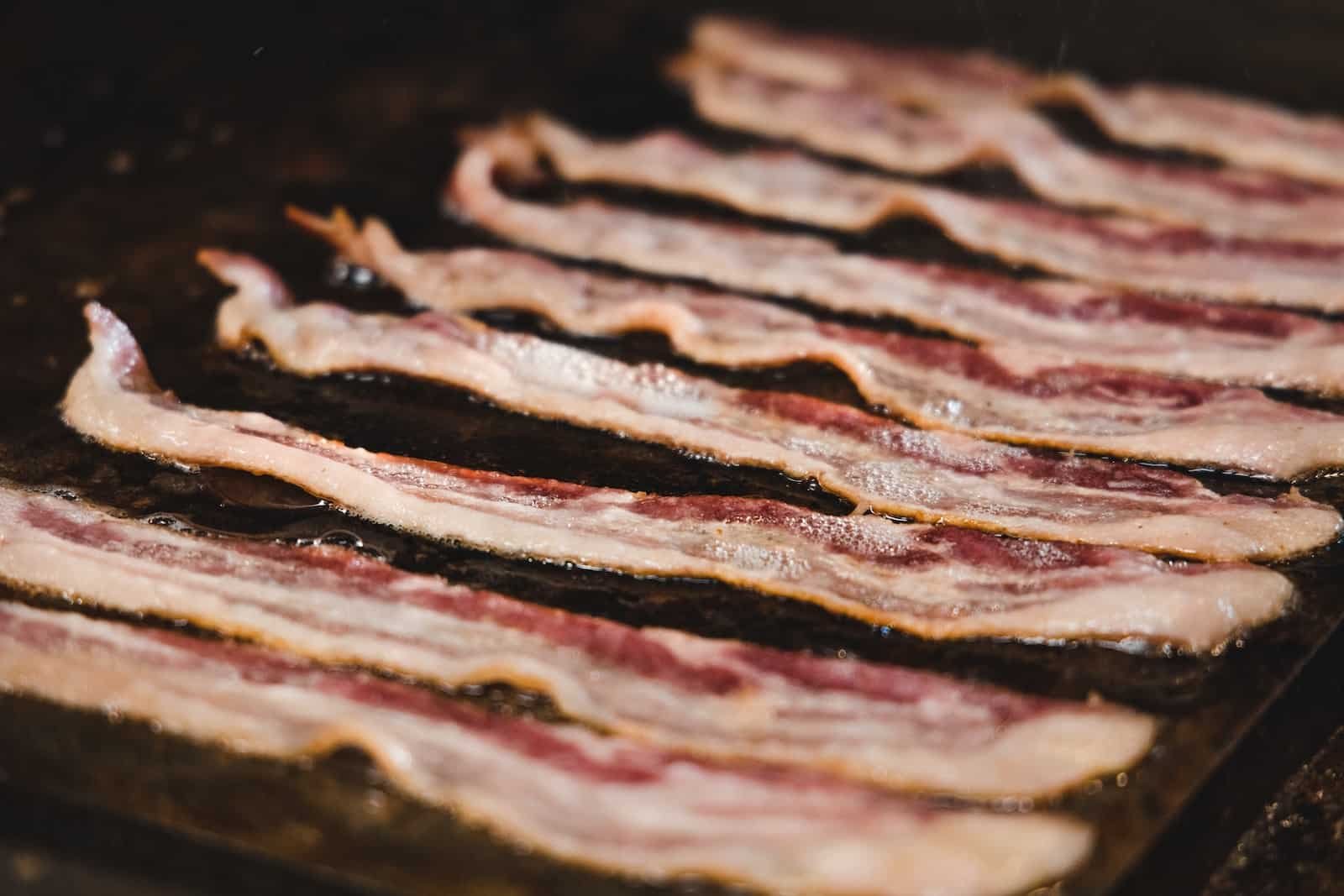Bacon – whether you love it crispy or chewy, it’s a staple in many of our homes. But in the hustle and bustle of our daily routines, we’ve all had those moments where we’ve left food out a bit too long. So today, we’re diving into a question as old as time (or at least as old as bacon itself): How long can cooked bacon stay out?
Before we get into the meat of the matter, let’s remind ourselves why we’re here. Food safety isn’t just about following rules; it’s about keeping our families safe and savoring the joy of meals without worry. And when it comes to bacon, we want to ensure that every bite is as safe as it is delicious.
According to the United States Department of Agriculture (USDA), all perishable foods, including bacon, should not be left out at room temperature for more than two hours. If the room or environment is above 90°F (like during those summer picnics or a hot kitchen), that time drops down to just one hour.
But wait, you might think, isn’t bacon cured and, therefore, safe to leave out longer? It’s true that the curing process, which involves adding salt, nitrates, and sometimes smoke, does provide some preservation. However, once bacon is cooked, it’s considered a perishable food, which means it can become a playground for bacteria if not stored properly.
The “Danger Zone” for food is between 40°F and 140°F (4°C and 60°C), as these temperatures are ideal for bacterial growth. Cooked bacon falls into this category, and leaving it out for too long can lead to bacteria such as Staphylococcus aureus, which can produce toxins that are not destroyed by further cooking. That’s why it’s crucial to keep your cooked bacon out of this zone.
When we cook bacon to a crisp, we’re not just doing it for that satisfying crunch – we’re also killing off bacteria that love to hang out on raw meat. However, once cooked, if left out, bacteria can come back to the party. The CDC warns us that foodborne bacteria can double in number in as little as 20 minutes when left out at room temperature.
So, how should you store cooked bacon to ensure it stays safe? The answer is simple: refrigeration. Cooked bacon should be stored in shallow airtight containers or wrapped tightly in aluminum foil or plastic wrap to prevent the growth of bacteria. In the fridge, cooked bacon can last up to 4-5 days. If you’ve cooked more bacon than you can eat in that time (though I know, that’s a rare problem to have), you can freeze it for later use. Frozen bacon can last up to a month without losing its flavor and texture.
When you’re ready to enjoy your bacon again, reheating it properly is key. Bring it back up to 165°F (74°C), which is the safe temperature for eliminating any bacteria that may have started to grow. This can be done quickly in the microwave, in a pan on the stove, or in the oven.
For those of us with little ones, elderly family members, or anyone with a compromised immune system, it’s even more important to follow these safety guidelines. These groups are more susceptible to foodborne illnesses and need extra care to ensure the food they eat is safe.


